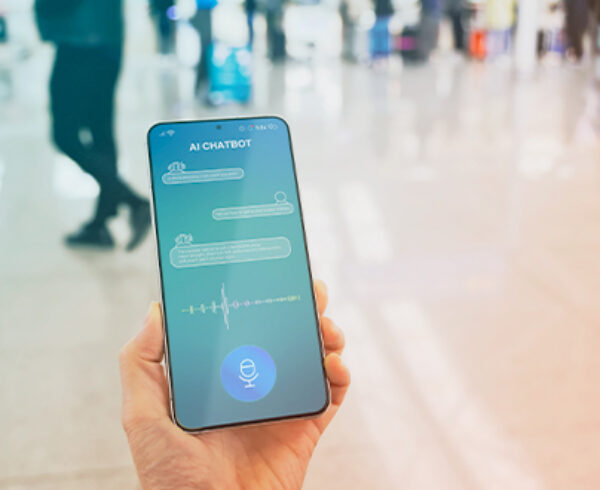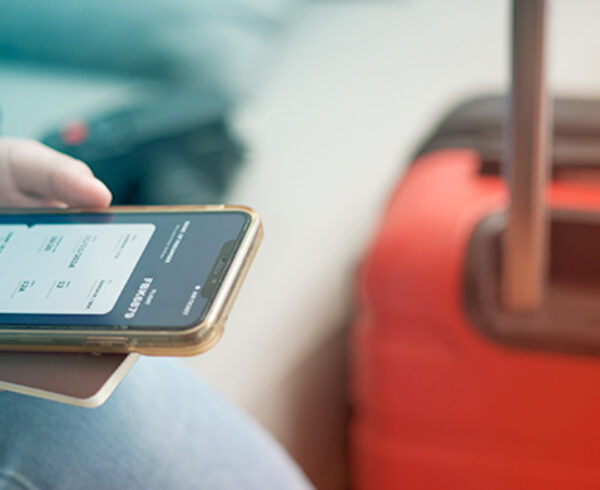If you’re a Travel Arranger managing a strict budget, chances are you’re doing everything in your power to cut your Travelers’ costs—but is it really possible to learn how to avoid hotel fees?
They seemingly sneak up on you when you least expect them. It’s easy not to even notice them until you get your final receipt at the end of your hotel stay. You booked a hotel room for a reasonable price per night, and then once you get that final bill, you realize that potentially hundreds of dollars have been tacked on to your stay, charged to your credit card without question.
We’re talking about pesky hotel fees, obviously. They’re just about everywhere these days, added on to every stay, even at hotels where you wouldn’t expect to see something like a resort fee. So, is there anything you can do to avoid these fees? Or should you just accept them as an unavoidable travel cost?
Luckily, it is possible to learn how to avoid hotel fees. Here’s what you need to know as a Travel Arranger, as well as some ideas for new guidelines you can incorporate into your travel policy to help your Travelers avoid incurring any extra fees as well.

Knowing How to Avoid Hotel Fees Starts With Recognizing Hotel Fees
These are some of the most popular types of hotel fees that you might see while traveling.
Hotel resort fees
Resort fees aren’t only limited to leisure travel. You’ll find that many hotels across the world now charge resort fees for simple amenities and services that may have been free in years past. Often, the hotel claims that the resort fee covers your use of things like the pool area or fitness center. As you could expect, this fee is not one that’s well-liked by travelers, as many say these amenities should be included in the price of the room rate, and others protest that they should not be charged for amenities that they probably won’t even use.
Hotel parking fees
Parking fees are a little more widely accepted. While it’s always appreciated when a hotel provides you with free parking, you likely know not to necessarily expect it, especially if the hotel offers valet service.
Late check-out fees
Similarly, it just makes sense that the hotel would charge a late check-out fee if you don’t manage to leave the hotel room before the designated check-out time. You’re using the room for longer than you paid for and causing an inconvenience to the staff.
Room service and mini-bar charges
Have you seen the price of room service these days? It can feel outlandish, paying $50 for a burger and fries. However, hotels know that if you’re hungry late at night, they can charge you a pretty penny for a bite off the room service menu or a candy bar from the in-room snack stockpile.
Hotel WiFi fees
While some hotel chains do offer free WiFi, others don’t. Unfortunately, most Travelers will need WiFi to some degree during a work trip.
Hotel business center fees
If your Traveler needs to print something before a presentation, for example, or if they need to use one of the hotel’s meeting spaces, that’s going to come with an extra cost.

How to Avoid Hotel Fees: What to Do
But what can you do about the above? There are some changes you can make to the ways that your Travelers get around, by adding certain stipulations into your travel policy, thereby allowing your Travelers to avoid these fees.
Consider your mode of transportation.
When considering how your Traveler will get around once they’re at their destination, don’t just look at the face-value cost. Also, consider whether or not the hotel that they’re staying in will charge a parking fee. If so, how much is that fee?
If the parking fee is so great that it is of concern, you may want to consider encouraging your Travelers to forgo a rental car and, instead, use a rideshare service or public transportation to get around, such as from the airport to their hotel and then to the conference space or client’s office, etc.
Hold your Travelers to a schedule.
Avoiding late check-out fees is as simple as holding your Travelers to a strict schedule. If your Travelers struggle with this, you may need to provide some incentivization in the form of penalties.
Consider the necessity of room service.
Sometimes, room service is really a Traveler’s only option if they want to eat a meal before heading to bed. If you know that your Traveler was on the road for long hours or that their flight got to their destination at a late hour, this is a hotel fee that you may want to look over.
However, if these charges seem unnecessary (like if they ordered breakfast in bed in the few free hours they had before their first client meeting or if they raided the mini bar late at night), then you may need to implement some rules regarding room service and mini-bar fees, incorporating them into your travel policy.
Find a way to get free WiFi.
Getting free hotel WiFi for your Travelers is actually pretty easy. This is something that you can negotiate if you’re putting together a contract for a hotel partner. It’s also something that you can score simply by having your Travelers join a particular hotel loyalty program.
Look for other business resources.
To avoid business center fees, ensure that Travelers are making certain that they have all needed materials for any client meetings or similar, before they depart. Additionally, if they need a meeting space, encourage them to consider any of the many free options. Do they truly need a board room for that client one-on-one? Or could they take them out for dinner instead?
Are There Any Hotel Fees You Can’t Avoid?
Some hotel fees are really only avoided by staying at another hotel. Such is the case with resort fees, for example. Nothing you do or no changed behavior on your part will negate the fee. For more ways to save on your business travel, check out the JTB Business Travel blog Waypoint Blog, where you can find information and resources on this and more.













